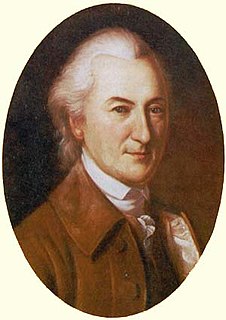A Quote by Tom G. Palmer
Libertarians typically argue that particular obligations, at least under normal circumstances, must be created by consent; they cannot be unilaterally imposed by others.
Quote Topics
Related Quotes
As a slave one cannot undertake obligations without the consent of one's master. As a citizen one cannot undertake obligations unless the legal system of the State in which one holds citizenship permits one to do so. Neither a slave nor a citizen is a free person, although those who are held as slaves or citizens may well be free persons: it is just that their freedom is not respected.
In a free society, every opportunity comes with three obligations. First, you must seize it. You must mold it into a work that brings value to others. Second, you must live it. Opportunity is nurtured only by action. Third, you must defend the freedom to pursue opportunities. You must embrace these three obligations as if the future of the United States depended on it. In fact, it does.
It's no wonder we don't defend the land where we live. We don't live here. We live in television programs and movies and books and with celebrities and in heaven and by rules and laws and abstractions created by people far away and we live anywhere and everywhere except in our particular bodies on this particular land at this particular moment in these particular circumstances.
Let these truths be indelibly impressed on our minds — that we cannot be happy, without being FREE — that we cannot be free, without being secure in our property— that we cannot be secure in our property, if, without our consent, others may, as by right, take it away — that taxes imposed on us by parliament, do thus take it away.
We will freedom for freedom’s sake, in and through particular circumstances. And in thus willing freedom, we discover that it depends entirely upon the freedom of others and that the freedom of others depends upon our own. Obviously, freedom as the definition of a man does not depend upon others, but as soon as there is a commitment, I am obliged to will the liberty of others at the same time as my own. I cannot make liberty my aim unless I make that of others equally my aim.
Consensual paranoia - the pathology of the normal person who is a member of a war-justifying society - forms the template from which all the images of the enemy are created. By studying the logic of paranoia, we can see why certain archetypes of the enemy must necessarily recur, no matter what the historical circumstances.


































